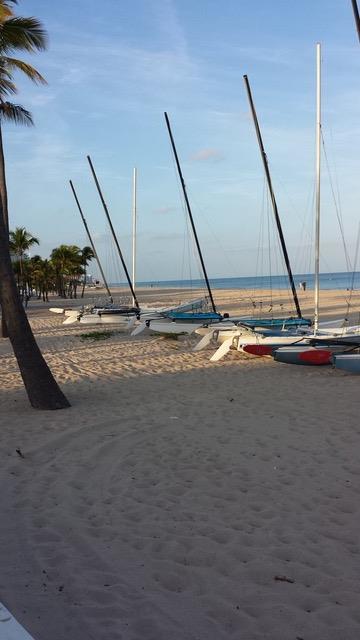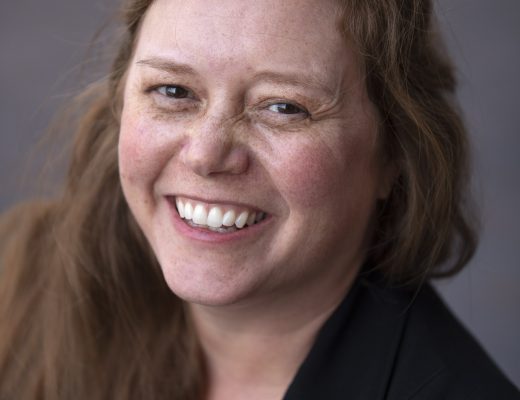Land and Water
As a child I heard corn grow and now everything is noise.
Through the floor-to-ceiling glass here by the Atlantic, palms sway as they were made to. Blue Daze and Lantana creep onto pathways and the sun comes out from behind clouds.
How I got here: Transplants from a less open region, my ancestors could not fathom such endlessness. They were hypnotized by perpetually open space, wind sounds, the drone of insects, even silence. Prairie madness was a phenomenon some pioneers, mostly women, experienced.
I’ve known a land of corn and soybeans stretching up mile after mile, a land of horizon where someone must prove the world is not flat.
Like my parents, I was born and still live my life in Illinois, the Prairie State, where less than one percent of original grassland remains. Some has been, and is being, restored, but once an ocean of grasses spread below sky. A world without echo. The wildness of grassland needed to be domesticated.
We could not live with it.
The grasses have long ago been torn from earth, cracking and popping with the rip of blade. Before corn, there were miles of root structures attached to the grasses and flowers of the tall grass prairie—an ocean of bluegrass, wave upon wave as far as one could see.
We made the land habitable. Much of what makes us human is the struggle to understand how we do, or do not, fit in with our environment. Those with prairie madness could not make this space at home in their psyches. Each day they turned over the richest soil on earth with moldboard plows, and, later, John Deere’s.
The first fields of the world’s future breadbasket.
But the vastness and solitude were too wide for the inner self to manage.
My whole brood suffered from some form of prairie madness. Similar to the once-vast grassland, something in us needed to be domesticated. The Prairie State: a land of land where nothing lives for beauty except wildflowers—glimmers of hope on what is vast and flat—the colors of marigold, daisy, cornflower.
The lack of water in my youth was not my destiny after all. I discovered the great Atlantic. It is mostly sunny and warm here. Forms like iguanas and manatees replace miles of green crops.
Growing up in the landlocked fields of the Midwest, a river was the largest body of water. We would swim in hollowed-out gravel pits filled with water. Here there’s a tide that breathes freedom from the pit’s boundaries. I have discovered the ultimate dimension, the Big Mind, of water.
I sit on the long deck and watch boats and ships whiz by, sleek and contemporary, tall-mast and small, watch the giant drawbridge raise and lower, feel the heat I longed for in Northern winters.
Buddhism has taught me that waves are not the same as water, the ultimate dimension. I sit in meditation to connect with this dimension, another form of God, this element of water.
My exhausted mother used to ask, “What have I done to deserve all this?” I sit and breathe in “all this” and breathe out mindfulness or something close to it.
At my father’s wake, his sister and the funeral director got in a disagreement about which mystery of the rosary should be said. Should it be the sorrowful mystery or the joyful mystery? This signified to me how anyone looks at life, and death, as sorrowful or joyful.
Here they dim or shut off streetlights near the beach during turtle nesting season. On land or water you can find the concerned.
Marc Frazier has widely published poetry in journals including The Spoon River Poetry Review, ACM, Good Men Project, f(r)iction, The Gay and Lesbian Review (forthcoming), Slant, Permafrost, Plainsongs, and Poet Lore. He has had memoir from his book WITHOUT published in Gravel, The Good Men Project, decomP, Autre Cobalt Magazine and Evening Street Review and Punctuate (forthcoming). He is the recipient of an Illinois Arts Council Award for poetry and has been featured on Verse Daily. His book The Way Here and his two chapbooks are available on Amazon as well as his second full-length collection titled Each Thing Touches (Glass Lyre Press) that has garnered numerous favorable reviews. His website is www.marcfrazier.org


